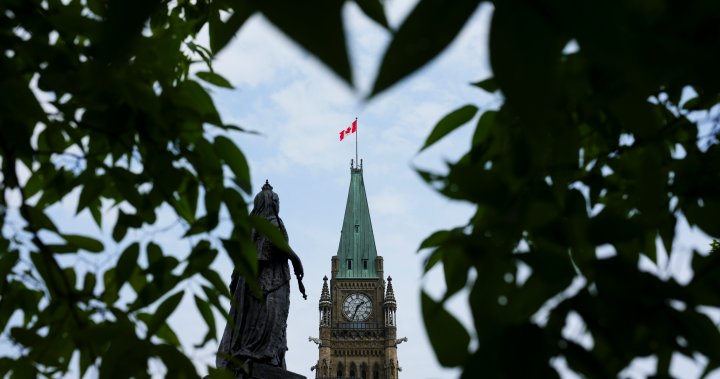Parliamentarians in Ottawa are returning to a changed political landscape, with the Liberals now operating as a true minority government. The New Democrats, who previously supported the Liberals, have pulled out of their political pact, leaving the government vulnerable to a non-confidence vote. The NDP’s electoral prospects have not significantly improved despite their collaboration with the Liberals on legislation such as a national dental-care plan and a pharmacare bill. Meanwhile, the Bloc Québécois has signaled its willingness to work with the Liberals in exchange for support for its own demands that benefit Quebec.
The Bloc Québécois has put forward demands such as equalizing pensions for seniors aged 65 to 74 with those aged 75 and over. The Liberals have indicated that they are focused on delivering for Canadians and are trying to push through key legislation, including a pharmacare bill and the controversial Online Harms Act. However, the changing dynamics in Parliament with the NDP withdrawing their support and the Bloc Québécois seeking to advance their own agenda could make it difficult for the Liberals to make progress on their legislative priorities.
All parties will be closely watching the results of two crucial byelections, which will set the tone in Parliament for the rest of the season. The NDP and the Liberals are both facing challenges in maintaining their hold on certain ridings, with tough competition from the Conservatives and the Bloc Québécois. The outcome of these byelections could have implications on the leadership of both Justin Trudeau and Jagmeet Singh, with calls for leadership changes simmering down over the summer. The Conservatives are also planning their strategy for the fall sitting and aiming to capitalize on the vulnerabilities of their opponents.
The NDP and the Liberals are facing strong competition in the byelections in Winnipeg and Montreal, with the outcome likely to influence the political landscape in Parliament. Trudeau has expressed optimism about the prospects of the Liberal candidate in Montreal, while Singh is under pressure to maintain NDP strongholds and potentially make gains in Montreal. The Conservatives are looking to exploit divisions within the other parties and push for an early end to the fall sitting. The byelections will be a crucial test for all parties as they navigate the shifting dynamics of a minority government and prepare for potential challenges in the upcoming session.
The stakes are high for all parties as they return to Parliament, with the NDP, Liberals, and Bloc Québécois all vying for leverage and influence in the minority government. The Liberals are facing challenges in advancing their legislative agenda, while the NDP and the Bloc Québécois are seeking to push their own priorities in exchange for support. The outcome of the byelections will shape the narrative in Parliament and potentially impact the leadership of the major parties. The fall sitting promises to be a contentious and unpredictable period as parties seek to navigate the new political dynamics and position themselves for the next election.













